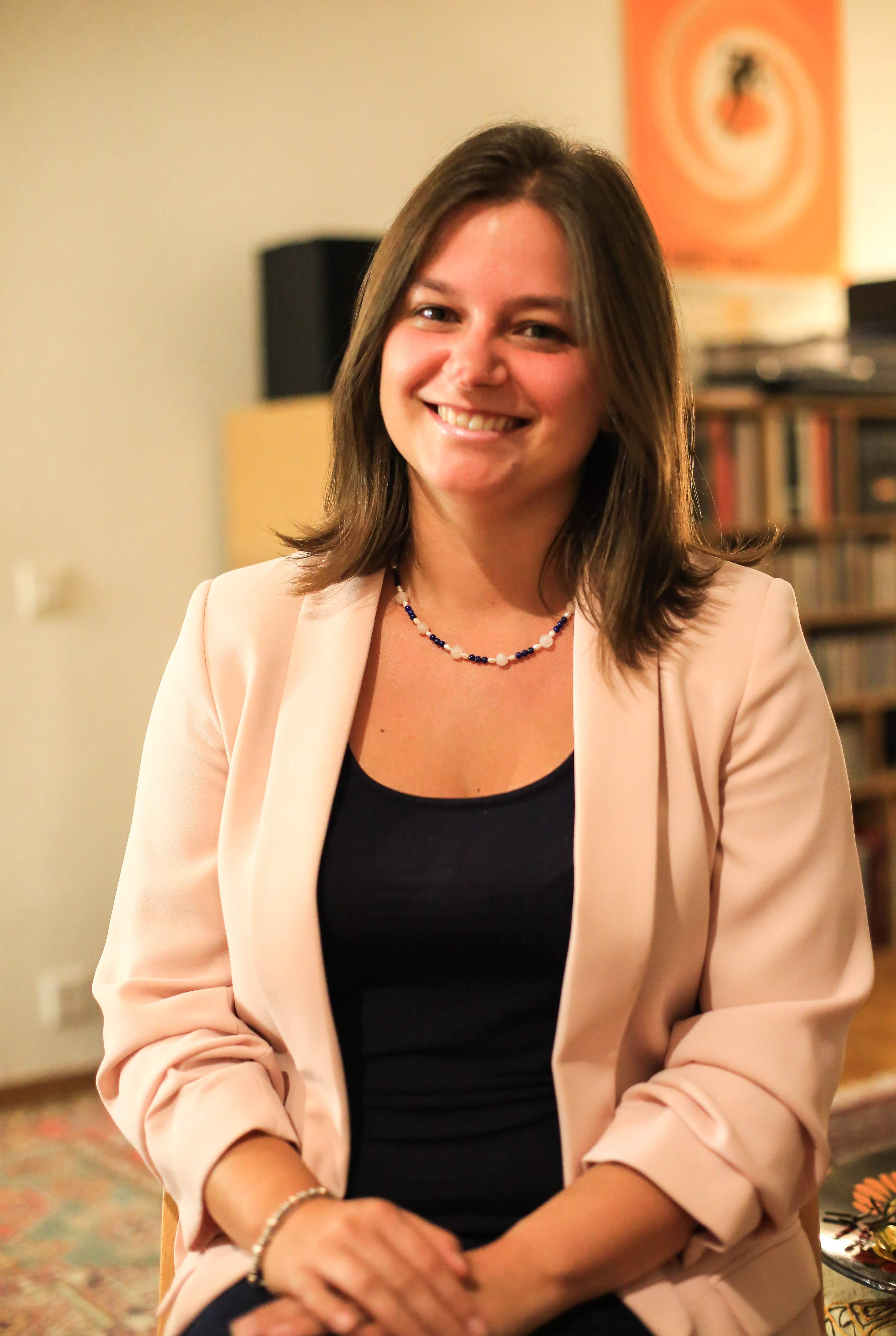Ben Davis-Purcell
 Ben is a Canadian Ph.D. student from Carleton University in Ottawa, Canada, and expects to graduate at the end of the summer, by which time he will have spent about 2/5ths of his Ph.D. at CERN. His Ph.D. work is with the ATLAS Experiment, where he focuses on precision Standard Model measurements. He has also been a member of the ATLAS Early Career Scientist Board since July 2020. Beyond his ATLAS work, Ben loves getting involved with science communication and outreach activities, including guided tours, presenting accessible physics talks to classes, and organizing conferences. He also makes sure that he finds time to relax by playing sports like (ice) hockey and squash, whether at CERN or back home in Canada.
Ben is a Canadian Ph.D. student from Carleton University in Ottawa, Canada, and expects to graduate at the end of the summer, by which time he will have spent about 2/5ths of his Ph.D. at CERN. His Ph.D. work is with the ATLAS Experiment, where he focuses on precision Standard Model measurements. He has also been a member of the ATLAS Early Career Scientist Board since July 2020. Beyond his ATLAS work, Ben loves getting involved with science communication and outreach activities, including guided tours, presenting accessible physics talks to classes, and organizing conferences. He also makes sure that he finds time to relax by playing sports like (ice) hockey and squash, whether at CERN or back home in Canada.
Deepa Thomas
 Deepa is a Research Associate at the University of Texas at Austin, USA, working on charm and beauty measurements with the ALICE experiment. After finishing her masters in India, she did her Ph.D at Utrecht University, in the Netherlands with the ALICE experiment. She is an ex-convener of the heavy flavour decay electron analyses group, and also an ex-junior representative to the ALICE collaboration and management board advocating for interests of junior members. She has supervised and mentored several students at UT Austin and in her working group within the collaboration.
Deepa is a Research Associate at the University of Texas at Austin, USA, working on charm and beauty measurements with the ALICE experiment. After finishing her masters in India, she did her Ph.D at Utrecht University, in the Netherlands with the ALICE experiment. She is an ex-convener of the heavy flavour decay electron analyses group, and also an ex-junior representative to the ALICE collaboration and management board advocating for interests of junior members. She has supervised and mentored several students at UT Austin and in her working group within the collaboration.
Dominik Stefan-Mitzel

Dominik obtained his doctoral degree from the University of Heidelberg in December 2018, mainly working on charm physics at the LHCb experiment. Having received the LHCb thesis award and the Heidelberg Wilhelm and Else Heraeus dissertation prize for physics and astronomy, he moved to CERN as a research fellow in 2019. Since January 2022, he has been the convener of the LHCb charm physics working group. He is currently setting up a junior research group at the Technical University of Dortmund, funded by the Emmy-Noether programme of the German Research Foundation.

Erica Brondolin
 Erica is an Applied Scientist at CERN working in the CMS experiment. Her research interests revolve mainly around software event reconstruction in current and future colliders. During her PhD thesis at HEPHY (Vienna, Austria), she mainly worked in the track reconstruction of the CMS experiment for the High Luminosity LHC era. For her work in the collaboration, she received the CMS Achievement Award in 2016. In 2018 she started the applied fellowship at CERN where she got involved in the activities of the CLIC collaboration and silicon sensor testing of the new High-Granularity Calorimeter detector which will be installed in CMS for the HL-LHC. Currently she is working on particle shower reconstruction for HGCAL and more broadly, for high-granularity calorimeters for experiments at future colliders (CLIC, FCC-ee, FCC-hh, ...). In her free time, she co-leads the Women in Technology group at CERN: she arranges visits to lesser-known experiments at CERN, she strives to inspire new generation of young people through social media and she organises interviews with inspirational female scientists working in particle physics.
Erica is an Applied Scientist at CERN working in the CMS experiment. Her research interests revolve mainly around software event reconstruction in current and future colliders. During her PhD thesis at HEPHY (Vienna, Austria), she mainly worked in the track reconstruction of the CMS experiment for the High Luminosity LHC era. For her work in the collaboration, she received the CMS Achievement Award in 2016. In 2018 she started the applied fellowship at CERN where she got involved in the activities of the CLIC collaboration and silicon sensor testing of the new High-Granularity Calorimeter detector which will be installed in CMS for the HL-LHC. Currently she is working on particle shower reconstruction for HGCAL and more broadly, for high-granularity calorimeters for experiments at future colliders (CLIC, FCC-ee, FCC-hh, ...). In her free time, she co-leads the Women in Technology group at CERN: she arranges visits to lesser-known experiments at CERN, she strives to inspire new generation of young people through social media and she organises interviews with inspirational female scientists working in particle physics.
Fernando Flor
More information about Fernando can be found here.
Patricia McBride
More information about Patricia can be found on her Wikipedia page.
Sourav Sen

Sourav is a Research Scientist in the ML team at Upstart, where he works on developing and improving machine learning underwriting models. Before joining Upstart, he did his Ph.D. in HEP-ex in the ATLAS collaboration at Duke University.